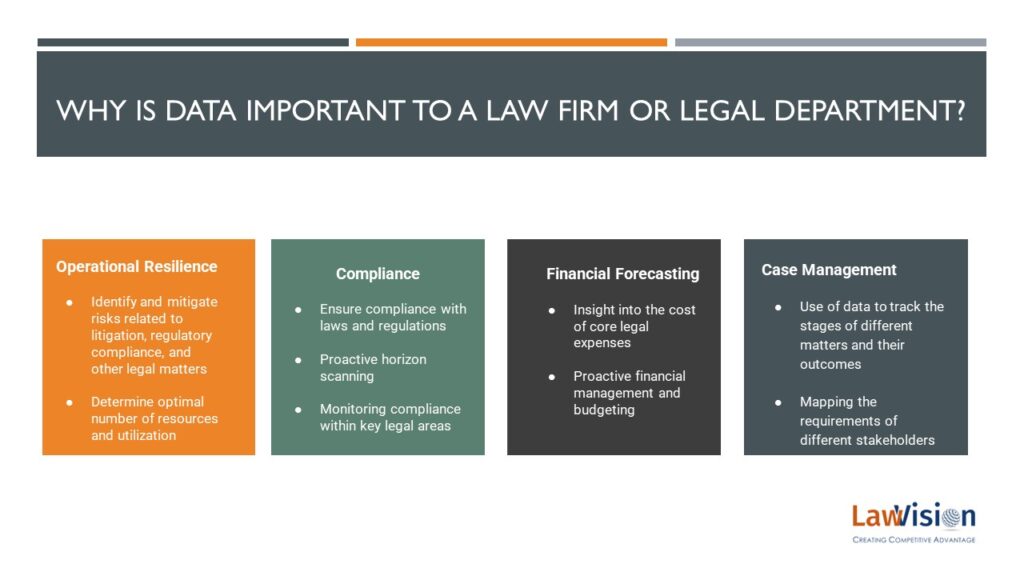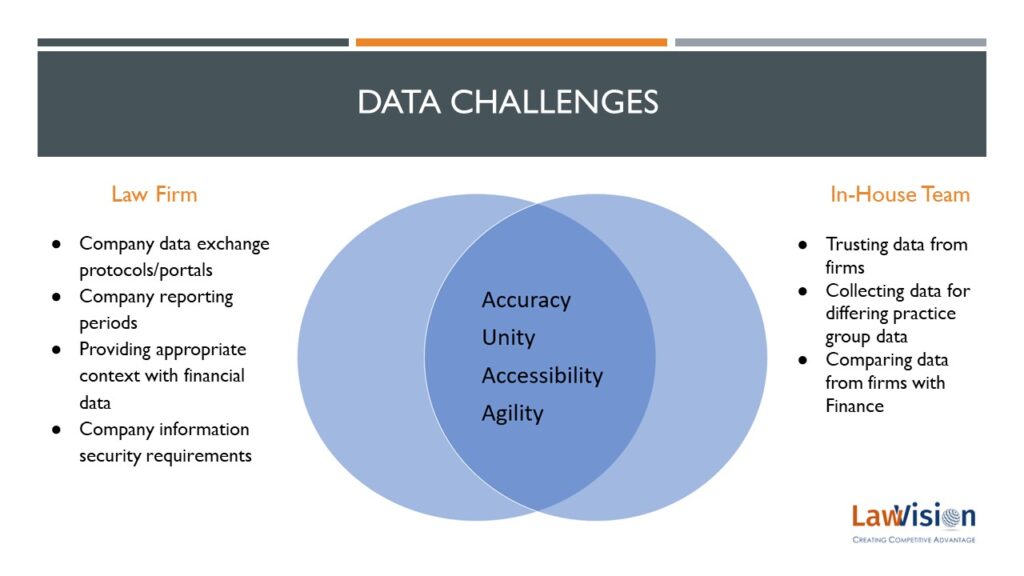As I geared up to co-chair the 14th annual program on legal project management (LPM) for the Practising Law Institute, I couldn’t help but marvel at the incredible evolution of this field since its inception in 2011. Back then, the concept of project management outside of the IT realm was a foreign language to many legal professionals. In those early years, our primary goal was to showcase the transformative impact of LPM, debunking the misconception that it was merely a passing trend.
Fast forward to today, and the landscape has dramatically shifted. One resounding theme echoed throughout the event: the pivotal role of data in driving efficiency and tackling the pain points within legal departments and firms. As the panel on “Gen AI and LPM” aptly put it, “data is the new ‘oil’.” Law departments and firms are grappling with vast volumes of data, previously daunting to manage or analyze efficiently. Yet, thanks to advancements in technology and the collaborative efforts of legal professionals and AI, we’re witnessing a paradigm shift. Data has emerged as a strategic asset, guiding resource allocation, litigation strategies, and even M&A decisions.

This year, I had the pleasure of co-chairing alongside Lonette Merriman, Associate General Counsel of Constellation Brands, Inc. whose passion for project management is infectious. Lonette’s journey, transitioning from a decade-long career in software development to intellectual property law, offers a unique perspective on the integration of project management practices into the legal domain. Having worked with project managers while in software, she was surprised to find the legal profession working without much process and proactive management. As she eloquently stated, “When I entered the legal field, I identified an opportunity to bring project management into this industry and function. I can still remember thinking to myself ‘there has to be a better way’ and now we have that with legal project management and legal operations professionals who can focus exclusively on this practice to drive efficiency, innovation, and results for law firms and clients.”
Lonette shared a compelling case study with Tanya Hampton, Senior Legal Project Manager at Seyfarth LLP, illustrating how Seyfarth’s use of continuous process improvement and LPM optimized the management of their intellectual property portfolio. Through meticulous data analysis and streamlined processes, Constellation Brands gained invaluable insights to inform critical business decisions while mitigating risks and safeguarding their brands.
Armed with accurate and readily available data and analytics, Lonette’s team, that was responsible for the global trademark portfolio at Constellation Brands, could advise the business around new product innovation, brand realignment, acquisition and divestiture. Whether it was monthly snapshots about the state of pending matters, access to a “heat map” of global trademark registrations or monthly reports detailing the work completed on behalf of a brand family, the Seyfarth LPM team made data accessible to their business partners at Constellation Brands through a “self-service portal.” This meant driving greater efficiencies for their legal department. LPM helped Seyfarth manage a team of lawyers, as well as docket specialists, information governance professionals, conflicts and business intake teams.
Lonette shared that they are now able to track spend by brand, entity or against the fee arrangement: “We’ve been able to evolve our criteria for the data we collect to better address and assess overall risk and go-forward strategies for the portfolio and the company – and ensuring we are filing marks in the right jurisdiction or pursuing enforcements that are critical to the business. Because we have a partnership with Seyfarth where we utilize legal project management and a continuous process improvement cycle, I feel the information available to assess risk continually improves and we regularly represent a value add to the company, not just providing legal services.”
Another illuminating case study came from Janine Dixon, Legal Operations Manager at Meta, Inc., and Steve Smith, Director of Legal Operations at WilmerHale. Janine emphasized the importance of fostering collaboration with law firms equipped with LPM teams, transforming the client-firm dynamic from more adversarial to collaborative. Janine explained that “when law firms provide their LPM team, it shows us that our business is important.” She shared that it doesn’t have to be a large team, but they need a defined point of contact. They meet regularly with their LPM or legal ops contacts in their outside counsel to share relevant information. Steve shared how Wilmer built their LPM services and team starting 10 years ago and how they support Meta’s needs for data and a managed portfolio.
As Steve explained, “Timely access to data and analytical tools is essential for LPM Services. LPM can also advance effective strategies for data translation and data stewardship.” Wilmer’s LPM team used a mix of “push” and “pull” approaches to provide lead partners with actionable data on their matters and portfolios, which increased efficiency and client satisfaction, as well as took pressure off the lawyers on the matter teams. “We position LPMs to monitor and triage date accuracy and completeness.” Steve continued. Steve underscored WilmerHale’s decade-long commitment to building robust LPM services, emphasizing the role of LPMs as data stewards and translators in delivering actionable insights and enhancing client satisfaction. Some of you may remember a McKinsey article from 2018 describing the need for data translators, a “new must-have role.” These roles are only growing in importance with the advent of Gen AI bursting on the scene more publicly last year.
Despite the strides made, challenges persist in leveraging data effectively within the legal sphere. As outlined in the program, legal project managers play a pivotal role in bridging this gap, ensuring data accuracy, actionable insights, and alignment with client expectations.

Stay tuned for a future column, where we’ll delve deeper into the evolving role of legal project managers and the transformative impact of LPM approaches showcased at the PLI program. Exciting times lie ahead as we harness the power of data and LPM to drive performance and innovation in the legal landscape.
Posted In

